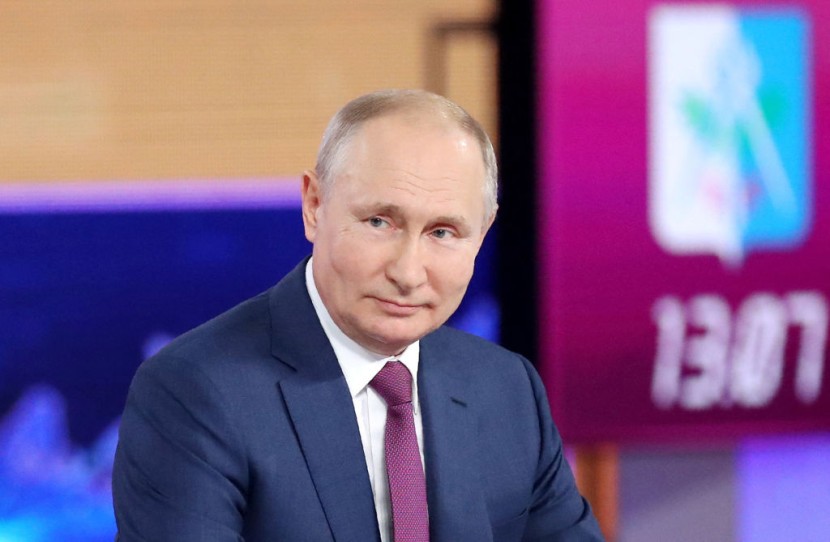
Russia has been asked to provide additional supplies to Europe to alleviate the increasing energy crisis. The appeal came as the National Grid warned that the danger of power shortages in the UK this winter would be at its worst level in five years, with "significant price spikes" possible.
This week, gas prices have already surpassed previous highs. According to the International Energy Agency, Russia may increase winter shipments to Europe by 15%, which advises the international community on energy policy.
However, the nation has stated that more gas would be accessible only once Germany's Nord Stream 2 pipeline is permitted.
Russia to expand energy supply to Europe
Fatih Birol, the executive director of the International Energy Agency, asked Putin yesterday to demonstrate that he is a "reliable supplier" by assisting in relieving the worldwide supply shortage that has pushed energy prices soaring.
Putin's spokesperson, Dmitry Peskov, said yesterday that there was "potential" to expand supply to Europe and that Nord Stream 2 was the best way to do it, The Sun reported.
It only took a few words from Vladimir Putin on Wednesday regarding gas output in his nation for the commodity's price to plummet on the wholesale markets. For some, his quick remark revealed Europe's complete vulnerability to Russia and raised concerns about the ease with which gas could be weaponized.
It occurred amid a dispute about the inauguration of a new Russia-Germany gas pipeline, as the price of some gas equities had nearly doubled since the start of the year to trade at a new all-time high.
Russia is already the EU's largest gas supplier, and some have speculated that the Nord Stream 2 project will expand European reliance.
Concerns about Russian gas's involvement have existed since 2009 when a disagreement between Russia and Ukraine over claimed non-payment for Russian gas caused supply shortages in at least 18 European nations until a solution was reached.
During the Crimea conflict in 2014, there were worries that Russia might cease delivering gas through Ukraine, affecting southern and central Europe - something that did not happen, despite Western sanctions.
Moscow rejects US' plea for assistance amid energy crisis
Moscow is currently Europe's principal supplier, delivering 43 percent of the 27-nation European Union's needs. As the Nord Stream 2 pipeline is turned on, this is likely to rise, as per Sky News.
As skyrocketing expenses in Europe and Asia spread worldwide, rising gas prices have struck the United States, putting economic stability in jeopardy. Now, a group led by Russia has rejected Joe Biden's pleas for assistance.
Natural gas and coal prices are at an all-time high, as a shortage of energy sources in Europe and Asia drives up prices for millions of people in the UK and elsewhere. The energy crisis has now expanded to the United States, with OPEC and OPEC+ - the Organization of Petroleum Exporting Countries and its Allies - refusing to assist the Joe Biden administration in resolving the problem.
The group, which is made up of 13 oil-producing nations including Russia, Algeria, Iraq, and Venezuela, has refused to heed pleas from the White House to speed up plans to boost crude output to address the increasing energy crisis.
OPEC+, which has included Russia since 2016, said on Monday that it would adhere to a plan put in place last summer to progressively increase oil output by 400,000 barrels per day each month, despite concerns of a rising supply-demand gap.
Per Express.co, the move risks inflaming relations between OPEC countries and big oil consumers such as the United States, the United Kingdom, and China amid fears that rising energy costs would stymie economic recovery following the pandemic.
Read Also : UK Gas Crisis: Prices May Rise To $1260 Per MWh as Energy Firms Face Collapse Due To Botched Strategy
© 2026 HNGN, All rights reserved. Do not reproduce without permission.








